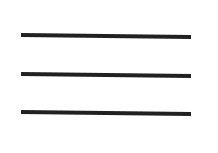


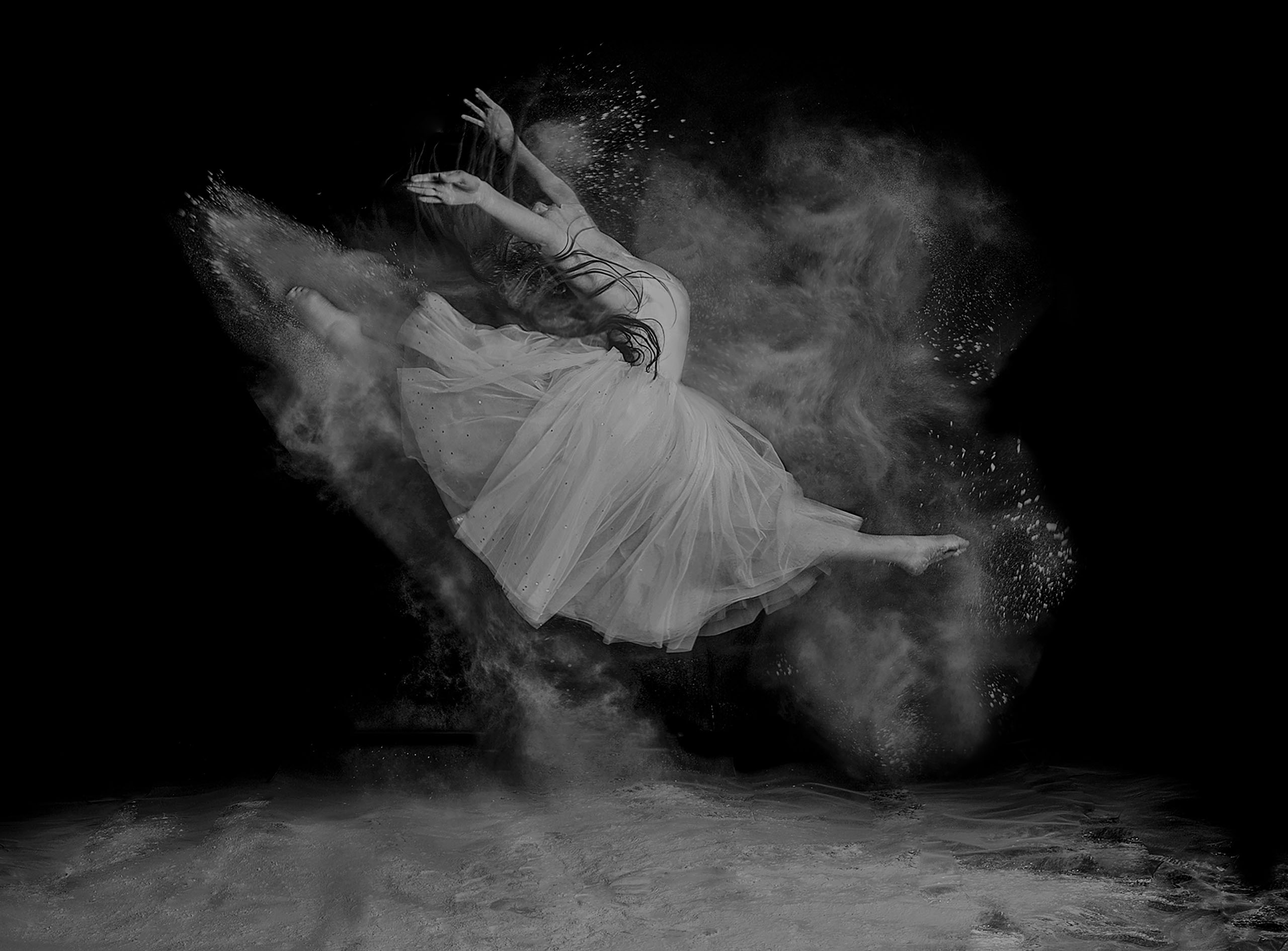
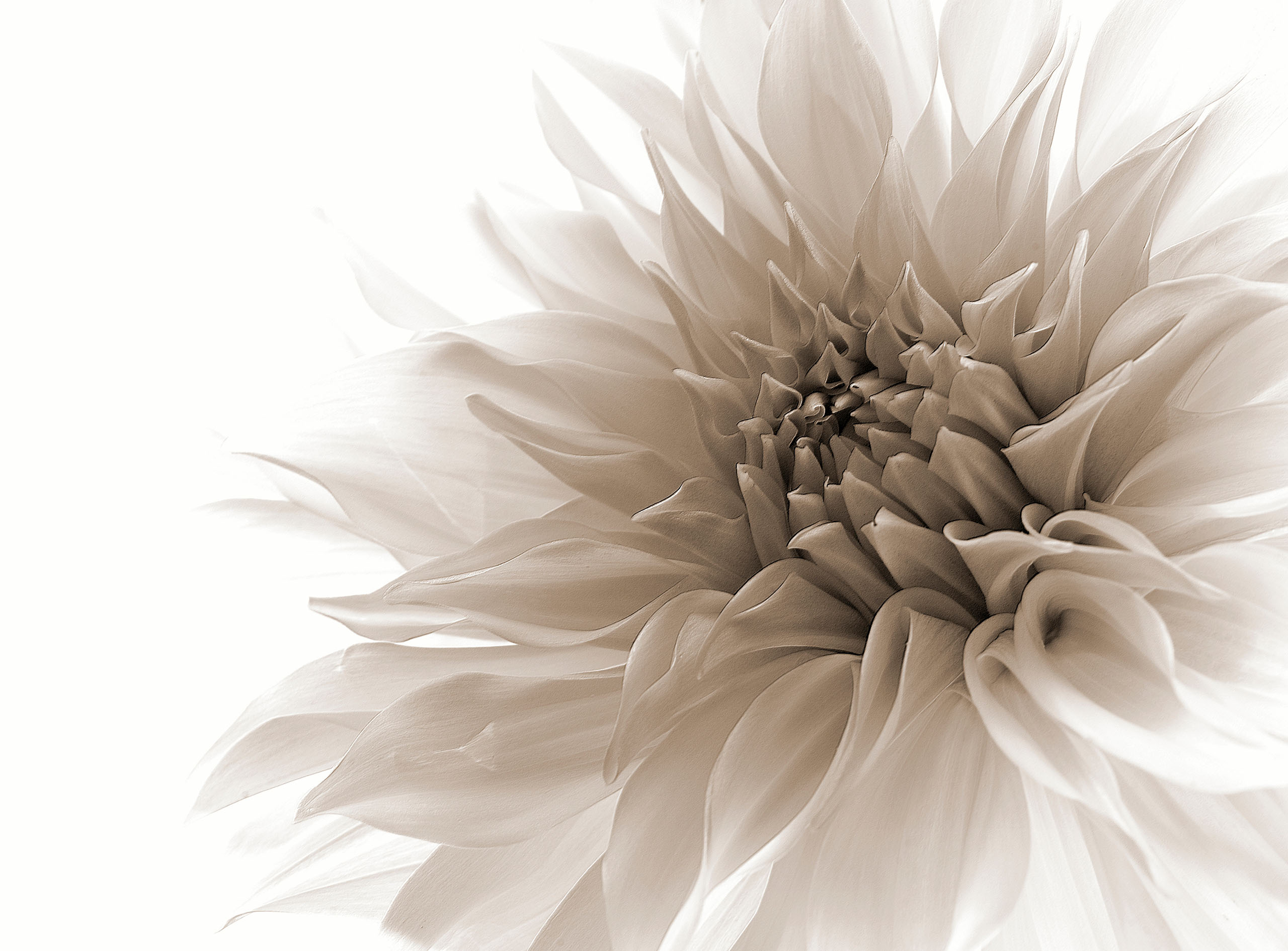
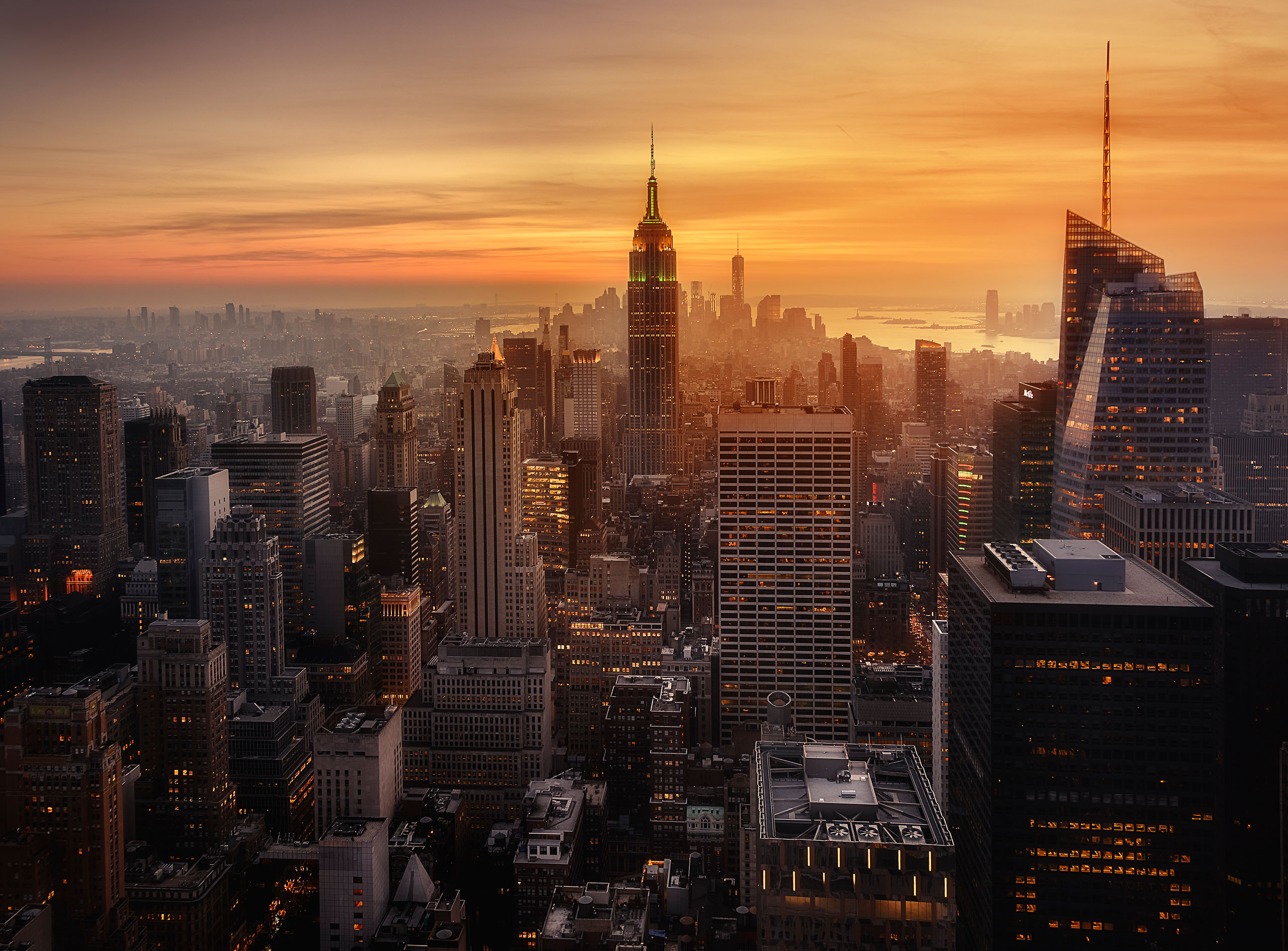
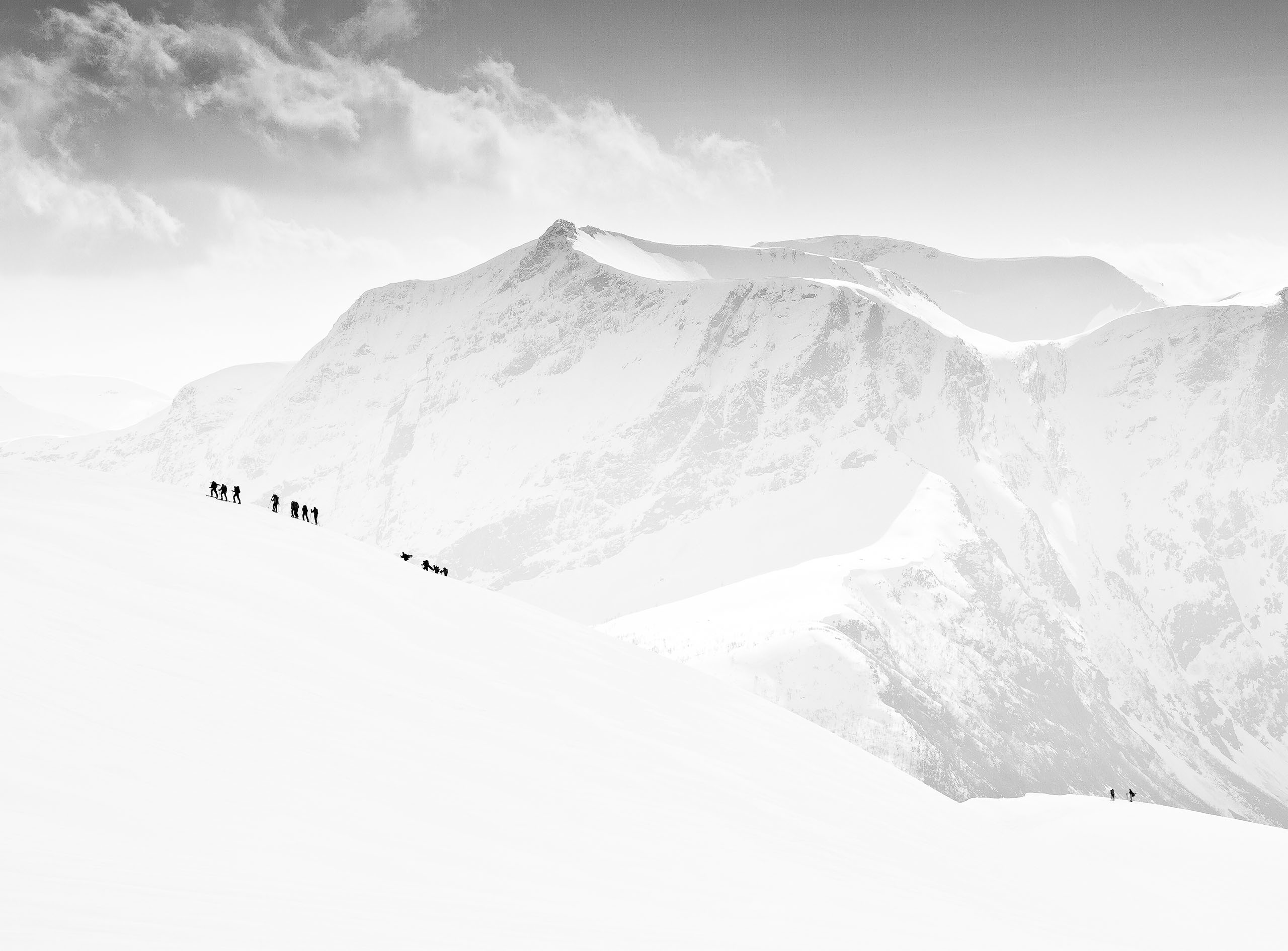
|
|
|
|


Interview by Paulo Abrantes
"I tell a little bit of my life to them, and they tell a little of theirs to me.
The picture itself is just the tip of the iceberg"
~Sebastiao Salgado~
Rui Pires's humanistic approach of documentary photography is always dignifying the people he portrays.
His work can be found in many art collections and private collections worldwide.
I invite you to discover the sensitive and most human personality behind Rui's images.
Rui, at this time, you will be one of the world references in matters of ethnographic and documentary photography. You did not start out having this recognition immediately. Do you still remember the time when you knew nothing about photography and you decided to start taking pictures? What was your drive, motivation and inspiration that guided this starting decision?
I started shooting through the influence of my grandmother. It was she who taught me the basics of photography and gave me a medium format 6x9 camera, which was a late 30´s camera model. My grandfather was a naval officer and traveled all over the world, my grandmother accompanied him and ended up becoming a passionate travel photographer . I remember being very young and spending hours looking through her photographs from Macau, Egypt, China, Africa and many other countries. The documentary / ethnographic photography interested me especially, because I have always had an enormous curiosity for people
And in the beginning, were you immediately drawn to the kind of photography that you do right now, or did you shoot at that time a little of everything?
There is always a learning phase that leads us to shoot a little bit of everything, but my motivation has always been humanistic photography. However I already had developed a large portfolio of landscape photography, which is another genre that has my particular interest. As Ansel Adams said in reference to this genre of photography, “Landscape photography is the supreme test of the photographer - and often the supreme disappointment”, given the difficulty in certain circumstances to reproduce the art of Nature.
Moreover, my source of inspiration were also my own memories, training, and how a great photographer once said, the books that I read, the movies I saw and all the culture I got to know. Rural Moments was inspired by those childhood memories of mine, in the village, and also by Eca de Queiros, Aquilino Ribeiro, Alves Redol, Ferreira de Castro and other Portuguese authors who I had read. The documentary "Lands of Allah" was inspired by the books of TE Lawrence, including the magnificent work "Seven Pillars of Wisdom" and alsoby "The Land of an African Sultan" a magnificent work on the Berber people written in 1887 by Walter Burton Harris . In recent years I've been developing work in Asia inspired by the letters of the Portuguese Jesuit monks who explored the entire area in the sixteenth century. All this and my work with various NGOs for social welfare with whom I collaborate, providing medical and humanitarian aid, and that led me to several African and Asian countries.
For you what is the most important part in being a photographer?
The most important part for me is to capture unique moments, people, lifestyles, as an addition to my studies of history and social anthropology. The picture turns out to be one of the most important means of generating a historical record. Note the wealth of historical documentation since there is photography. In the pre-photography period we had the drawing or painting which documented important moments, albeit in a more artistic way and subjective and more marginal in terms of quantity of records.
When we look at your pictures, we see people engaged in their daily social environment and also private moments in their homes, in their villages. Consistently throughout the different settings, people are always portrayed with great dignity. As you choose the places where you're going to shoot, do you have a method of planning that you usually follow or is this all based on inspiration and the opportunity of the moment?
All my photographic work is the result of many previous studies and research. Today, before starting my documentary work, I get to spend 4 or 5 months to study the background and rational, investigate, organize and prepare the logistical part of the photographic collection. For me it's most important to follow the pillars of documentary photography, which say that a photographer must deeply know the subject and have a deep curiosity about the same. If a photographer is not deeply familiar with the "subject matters" he or she will hardly be able to pass the relevant information on to the picture, documenting something.
Your images are never staged and always show people and situations taking place in the real life of these characters. What is the relationship you usually establish with these persons?
As close a relationship as I can. I like to know everything about them, make friends, listen to their life stories and life experiences. Photography has then just the function to document this personal relationship. I do not waste a good pictorial moment, but I rarely photograph people where there has not been a previous personal relationship, that can only develop during a conversation. If not, the picture for me is just pictorial time without history, such as as a b-roll in film. In rural moments I developed a relationship that lasted for years, with all the real characters. The culmination of this relationship is when the people I photographed become friends and forget that I have a camera with me.
Analog is again in fashion (if it ever was out). You are, I think, first of all, a master of analogue photography and I know you have thousands of photos not yet developed and the same holds true for digital ones. How do you see this current digital/analog duality? Does it make sense to defend one of them or use both or one over the other?
I think it is a "non issue". These are only means. I continue to rely heavily on film, and I still have many doubts about the preservation of the digital base, how long it will last and the price we have to pay for maintaining a safe and long-lasting digital file, which is financially a very high price. I often give an example. Vivian Meyer would have been known if she had used a digital camera? A question to think about. Unfortunately today, with the safety conditions we all know, it is increasingly difficult to travel with movie equipment. Today all luggage is subjected to numerous x-ray screening procedures at airports, hotels, train stations, etc., which completely destroying the negative. So I have made up my mind to go with digital media.
Can you tell us about your learning experience in analog processing, when you could only see the images once printed on paper and many days after you took the photograph? What was the importance of this event on your evolution as a photographer and your way of seeing and composing?
No doubt the use of film photography makes us think more before shooting, requires a much deeper mental exercise for several reasons: One is that we do not see the end result right away, we do not know if there was correct focus, correct exposure, it's all very intuitive. It requires a deeper understanding of the film and camera features. No doubt that such techniques required a lot of thinking and reflection about the image capture process, and that practice and method, that experience, stays with us forever.
What has been over time and what is now your relationship to camera equipment? How important is the equipment for your photography?
For me the equipment is important, and the choice is critical for good results. It is important to have equipment that does not photographically limit us. Today, digital technology has evolved very much. Today the photographic collection in very low light environments is possible, with low noise levels. My relationship with the equipment, is one of exploration. It is important to be knowledgeable, so that when I acquire a new camera, I rarely use it for work without prior heavy testing. For me the equipment must be an extension of our body and we should be able to use it without thinking that it exists, in a natural way, much as we use our hands. Our attention should be totally focused on the "subject matter" and we should not be concerned with the camera or the lens, this should be done naturally and unconsciously. Another key point for me is that the equipment must be reliable and robust. I always use two cameras and two sets of lenses. As I travel to places where the environment can be very adverse to the equipment, I have a major concern about mechanical or electronic failures and have redundant equipment to meet those challenges. A project involves an investment of thousands of euros that could be ruined by equipment malfunction.
Your work is divided into color and monochrome. Do you see yourself more as a color or black and white photographer? And what are your criteria for the decision if the work will be in black and white or chromatic?
It depends on what I want to document; it is a previous and considered choice. If color is an element to document, then I choose color. If I find that the color does not matter, I choose black and white. There are places where color is essential, there are others where the color does not represent a defining factor for the documentary. Ethnography often requires color to document people, costumes, nature, architecture, all of that. I often choose black and white when I intend to give a more timeless sense of the "subject matter" and when I want to reduce the picture to the essential.
In analog processing there are the development techniques of the negative In digital we have the digital editing of the file. What is your relationship with these two realities and how do you view and use these techniques in your work?
I naturally use both.
Like almost all experienced photographers you must have a great photographic archive waiting to be discovered, also discovered by you. Do you think we will ever be able to see those photographs published? And what is your relationship with these images that are not published yet? Do you have a detached feeling about them or do you have a plan or already concrete project to publish them?
I have a huge collection of unpublished photographs that I slowly have been working on in my free time. No doubt that they will be used in the future in various photographic projects that I have in “standby mode” for lack of time.
Is there anything you could have photographed and that you regret not to have photographed, or is there anything else related to photography you regret not to have done?
When planning a photographic documentary and during the study phase of the "subject matter" I use a lot the "visualization" techniques. In the field, during the photographic work, I also think that technique is very important. It is a very old technique, and was the base for painting and for other arts, like movies, and all of us use it for photographic purposes. That is to think of a concrete photograph and try to “make it” real, to bring it into the real world, to transform that idea into a photograph. Every time this is impossible, of course I'm sorry.
Has there been any photographer you had personally known, who has impressed or surprised you, either as a person or as a photographer, or both?
In photographers I´m interested in the human qualities. And yes, I met many who earned my admiration for their character, way of being, way of seeing the world, etc.
Are there any photographers you do not personally know, but you would like to have known?
No doubt, there are some photographers with whom I would love to have a long conversation. Sebastião Salgado, David Hurn and many other humanist photographers.
Is there any photograph of another photographer who influenced you significantly,that you often recall, and that you would like to have hanging on a wall in your home?
I confess that I have a gallery on the wall of my house with these pictures, I want to buy other images as soon as it will be financially possible for me. I did hang there an original Steve McCurry, an Ansel Adams and other less well known foreign photographers. From 1X I have two works that I really love, from Ben Goossens, and two other works that I also love, from Jerry Berry. Of Portuguese authors, I have a fantastic work from Mr. Rui Palha, another one from Antonio Homem Cardoso (very well known Portuguese photographer) and a most popular photograph of Alfredo Cunha (another well know Portuguese photographer) representing Captain Salgueiro Maia on April 25, 1974 (a picture from the Portuguese revolution) to name the most well known works.
About your photographs, which was the image that characterizes you most and that you remember most? Do you consider this one your best photograph or is it just another one among many?
This is a question that leaves me with no possible answer. A well-known photographer said that our best shot is that one we have not done yet. For me all my photographs are like "children", it is difficult to like one more than the others, all of them represents a story, a friend, a person who interested me in many ways. If I analyze the pictorial side, there are some that I think have more impact than others, but I prefer to judge them by their historical and personal side.
In some kind of self-critical way, do you think that you have any weak point, as a photographer, you want to tell us about?I have many. One is the chronic lack of time to photograph. I wish that photography was for me a full-time activity , but unfortunately it is not. Another of my photographic weakness is my lack of focus/concentration. There are days that simply do “not work” in photographic terms, and these days are days “to forget”. And for me, as a person, I find it very hard “to work” on photographic themes in harsh environments with a lot of noise, confusion, and with others also shooting near me.
What qualities do you like to see in photographs of others? What do you think you unconsciously are looking for in those other people's images, which flaws do you search or qualities do you see and admire or are drawing your attention right away?
I never “judge” anyone by a single shot. The photographers I admire are precisely those who have a "body of work" that reflects their personality, photographers that have a heavy carved "ethos". Nowadays just a few photographers seek to stay away from photographic fashions and just a few have actually built a personal, extensive, educational, informative and helpful work. One of the current and serious problems in photography is the lack of ability of photographers to understand the difference between inspiration and reproduction. On a daily basis we see photographers to be “inspired” by a particular photographer and just reproducing his or her work. They end up by never having a personal view of anything, they shoot with the personal vision of the other photographer or photographers they admire or want to be like. Perhaps this is a matter of personal background and in my opinion it separates the photographers of any other person who just enjoys photography – and these are completely different things. In 1X this occurs daily. Many times I saw a great photograph of a great photographer that I decided to publish and in the following days I saw a huge amount of photographs that just tried to reproduce that first and great one photograph. I think the biggest difficulty of todays photographers is just learning where to point the camera, knowing their "subject matter". If they fail this, they end up never reaching a personal style that makes them to be recognized in the "crowd" and they will end up spending their days just stuck in "photographic fashions" and reproduction.
What qualities and / or characteristics do you think are important for a photographer?
Their cultural level, their training, their ability to research, their incessant search for his "subject matter", the level of development of their personal vision, his ability to document and tell a story through images.
I think in the world´s eyes you are of course a completely accomplished photographer. Do you see yourself like that? What can we expect from Rui Pires in the near future?
Rui Pires will continue incessantly in search of knowledge, search of people, search of the minorities, working with various humanitarian agencies and to defend causes through photography, as well as joining photography with the two other sciences that I love: history and anthropology.
If you could give only one tip to someone who seeks to do street photography, what advice would you give?
To read many books of genres that please him , see a lot of films and documentaries, big interest in people, landscape, cultures, seeking their "subject matter" and try to develop your personal view of the world.
You're an honorary member of 1X. Would you briefly tell us how far this site has been important to you, when it comes to know other photographers, and for the exposure of your photography?
1X was for me a great experience in my looking for knowledge. It was fantastic to meet people from other cultures and countries and talk and exchange with them personal views and personal and different approaches.. It was excellent for me to meet some fantastic photographers with an immense talent and over the years I was curator, exploring my visual culture with the huge amount of images that arrive daily from all around the world. I joined 1X when I was developing my documentary "Rural Moments" and it was fantastic to see the responsiveness of the 1X photographers to my photographs of deep rural Portugal, the Portugal of the old people, farmers, in the far interior of the country, and "my goats" – meaning the goats of those people, who had to raise and to feed them as a way of living. No doubt I owe to 1x the extraordinary worldwide release of images of the most genuine Portuguese people and our rural culture.
Finally, I want to thank so many friends I have met through 1X, excellent photographers, that helped me a lot with exchanges of views and knowledge.
A thank you, also to all the members of 1X and curator colleagues who “endured” me over the years. And to Ralf and Jacob a very special thanks for creating this great project that captivated me right from the beginning and with which I still continue to cooperate and which I support, even though now in a different way.r t
 | Write |
 | Edith Hoffman Wonderful work and interview! Thanks Rui, Yvette and everybody involved for sharing this. Keep up the good work and my best regards, Edith :-) |
 | Rui Pires PRO thank you Edith ! |
 | Massimo Della Latta Complimenti |
 | Rui Pires PRO Thank you Massimo |
 | Asuncion Salmeron PRO Mr. Rui Pires:
Faced with a photographer like you, little thing to say. Their pictures speak their own language of the person behind the camera. I can only send my deep admiration and respect. It is a great pleasure to have known him.
Warmest regards. |
 | Rui Pires PRO Thank you Asuncion, warmest regards to you. |
 | Dragan M. Babovic Thank you Rui for excellent life story that is, in special way, school of photography. When I cam on 1x you was and stay one of the greatest names in photography that make picture of one time of one age. Your scenes form everyday life and portraits of everyday people talk about our time and world in wide diapason. Your photos are not just documentary, they express art and your own soul. You dont make representative portraits of people made in studio that talks about their power not about them. Because your portraits have so much to say and we can read from them life story about our time. Thank you, to Yvette and Paulo whose works are also so influential. |
 | Rui Pires PRO Thank you for your kind word, Dragan. |
 | Lara Kantardjian CREW Wonderful and insightful interview with outstanding work by a great photographer. A real pleasure to read. Rui's Rural moments project takes you to another place and time. One that is pure, honest and full of soul. Good work Paulo! Thanks to you and Rui. My best - Lara |
 | Rui Pires PRO Thank you very much Lara. |
 | Fernando Alves I already know the work of Rui for many years and has always been a source of inspiration for any photographer. It's lovely the way we interact with people by passing places. The interview is very well done and gives to know one of the great Portuguese photographers. Congratulations to Rui as a photographer, and Paulo who conducted this interview. |
 | Rui Pires PRO Obrigado, Fernando. |
 | Yvette Depaepe CREW Dear Rui ... It was such a pleasure to read your interview. I'm not that long on 1x ... A real treat to discover what a great photographer you are. I admire you silently and really respect your work. Love the "rural moments" project. I wish I had joined a few years earlier ;-) but so glad to have learned so much about you NOW !!! Paulo did a great job, I'm so grateful to him. Cheers, Yvette |
 | Rui Pires PRO Thanks so much, Yvette :) |
 | Paulo Abrantes PRO many thanks, to Rui Pires, for this great opportunity to let me "in" his insight. It was a pleasure and an honor. And thank you all, for reading this. |
 | Rui Pires PRO Muito obrigado por tudo, Paulo :) |
 | Mohammad Soheilinia In this series of photographs can be seen especially in the desert a man's bewilderment in the unforgiving environment around sharp been observed that The Lens,
Thanks to YOU and BRAVO! |
 | Rui Pires PRO Thank you Mohammad ! |
 | Hans Martin Doelz CREW I've read this fantastic interview with great pleasure. Thanks to Paulo for elaborating the questions, to Rui who gave a great insight into his work and his attitude towards photography. With Rui's statement I fully agree: "One of the current and serious problems in photography is the lack of ability of photographers to understand the difference between inspiration and reproduction." Last but not least many thanks to Yvette for publishing this interview. Cheers, Hans Martin |
 | Rui Pires PRO Thank you very much, Hans ! |
 | Ben Goossens ✝ PRO Thanks Paulo and Yvette for this fine interview!
Rui and I had many pleasant contacts, talked bout photography and life!
Life that he could bring in documentary work of high standard, technical perfect and were goats were mostly part of it. A simple life that we miss a little IMO.
Hope you fine Rui and I regret we have less contact.
Best, Ben
|
 | Rui Pires PRO Thank you very much, my friend Ben :) |